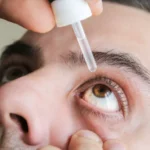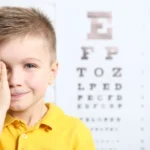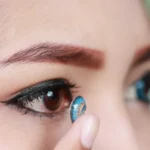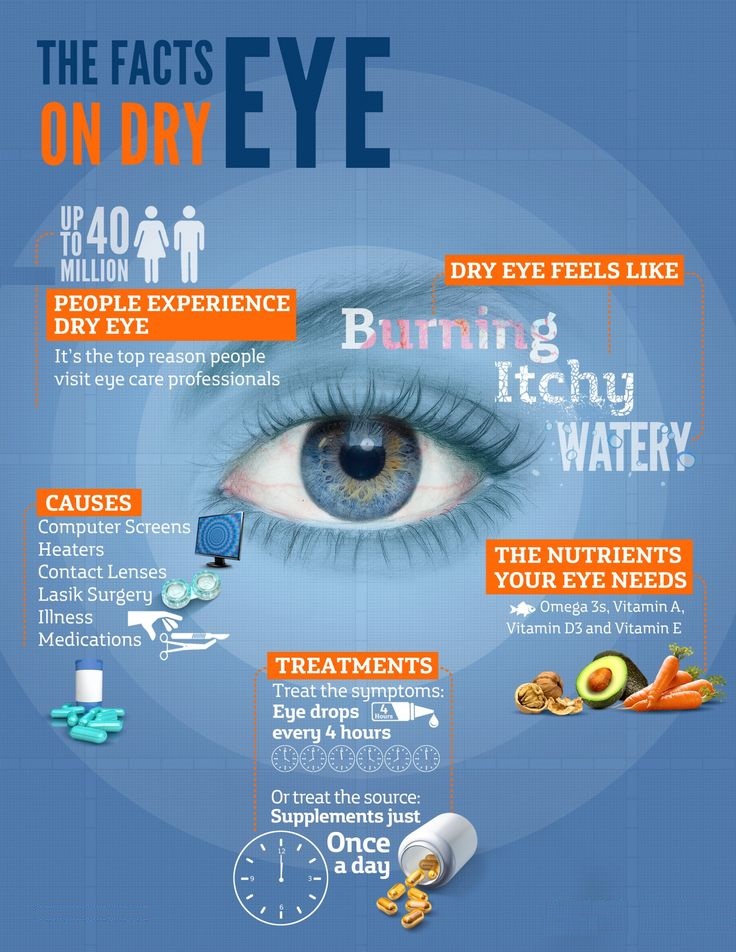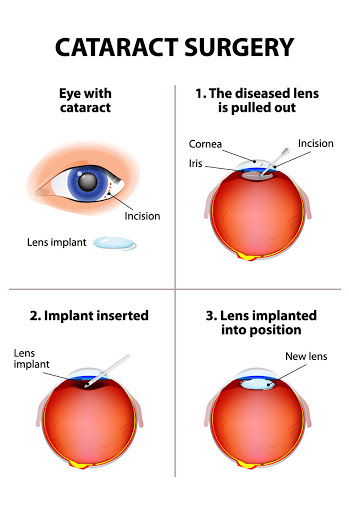Among others, eyestrain is a side-effect of staring at computer screens continuously. These eyes care tips can make your life easier and protect your eyes from computer eyestrain.
Computers are integral parts of our lives now. In addition to computers, we spend hours on our mobile devices. It has become increasingly necessary that we take all measures to protect our eyes from computer eyestrain.

Fortunately, research has not found any permanent eye damage due to continuous computer use. However, computer eyestrain can cause serious discomfort. Preventing computer eyestrain is easy, however. Here are the eyes care tips that will help you keep computer eyestrain at bay.
- See your Eye Specialist
Your eyestrain might not be related to computers at all. By visiting your eye specialist, you make sure that you are not suffering any other eye condition.

- Ditch CRT If You Haven’t Done It Already
The older CRT monitors are not eyes friendly. If you still have not ditched you CRT monitor, do it right away and buy an LCD or LED monitor.
- Adjust Screen Brightness
Keep a balance between the lighting in your room and the brightness of your computer screen. Very bright lighting is not recommended in a room where you have to sit in front of a computer for long hours. Neither is it recommended to use a computer in completely dark rooms.

- Use 20-20-20 Rule
According to the 20-20-20 rule, after working on a computer for 20 minutes, concentrate your eyes on an object 20 feet away for 20 seconds.

- Exercise Your Eyes
Gently press your eyebrows and the area around your eyes. Close your eyes and press them very gently with your fingers or palms. Here is another useful exercise. Place index fingers of your both hands 10-12 inches apart from your eyes and focus your eyes on them for 5-10 seconds. Now, focus on a distant object for 5-10 seconds while keeping your finger in the same position.
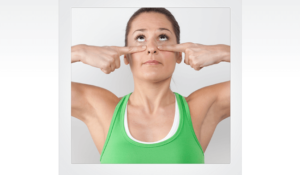
If you regularly take these measures to protect your eyes, you can stay away from computer related eyestrain forever.

Alina Smith is a health blog author with an interest in the intersection of wellness and mental health. She’s worked as a writer, editor, and communications specialist for various healthcare organizations. Alina has also led projects to improve access to care for underserved populations in both rural and urban settings.



